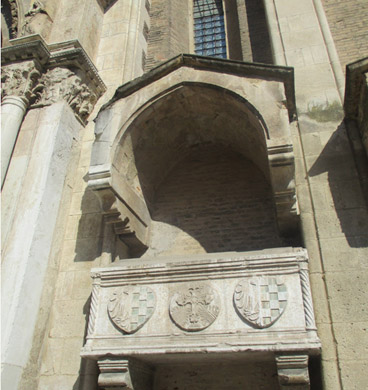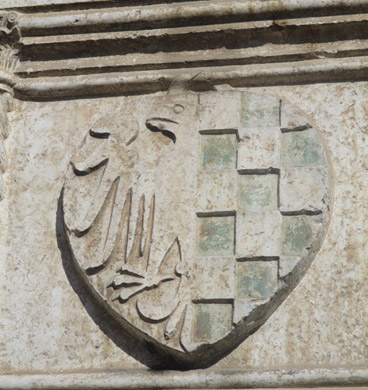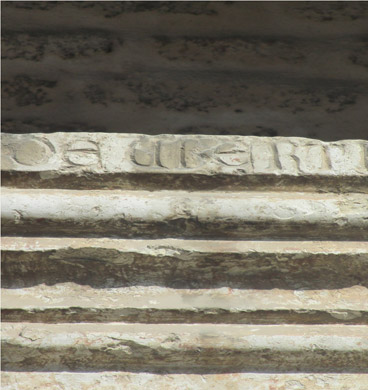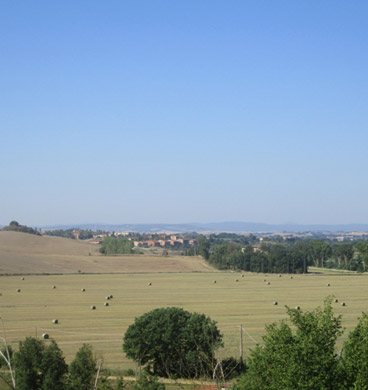
IN COLLABORATION WITH:


SAN LORENZO
LAPO DEGLI UBERTI
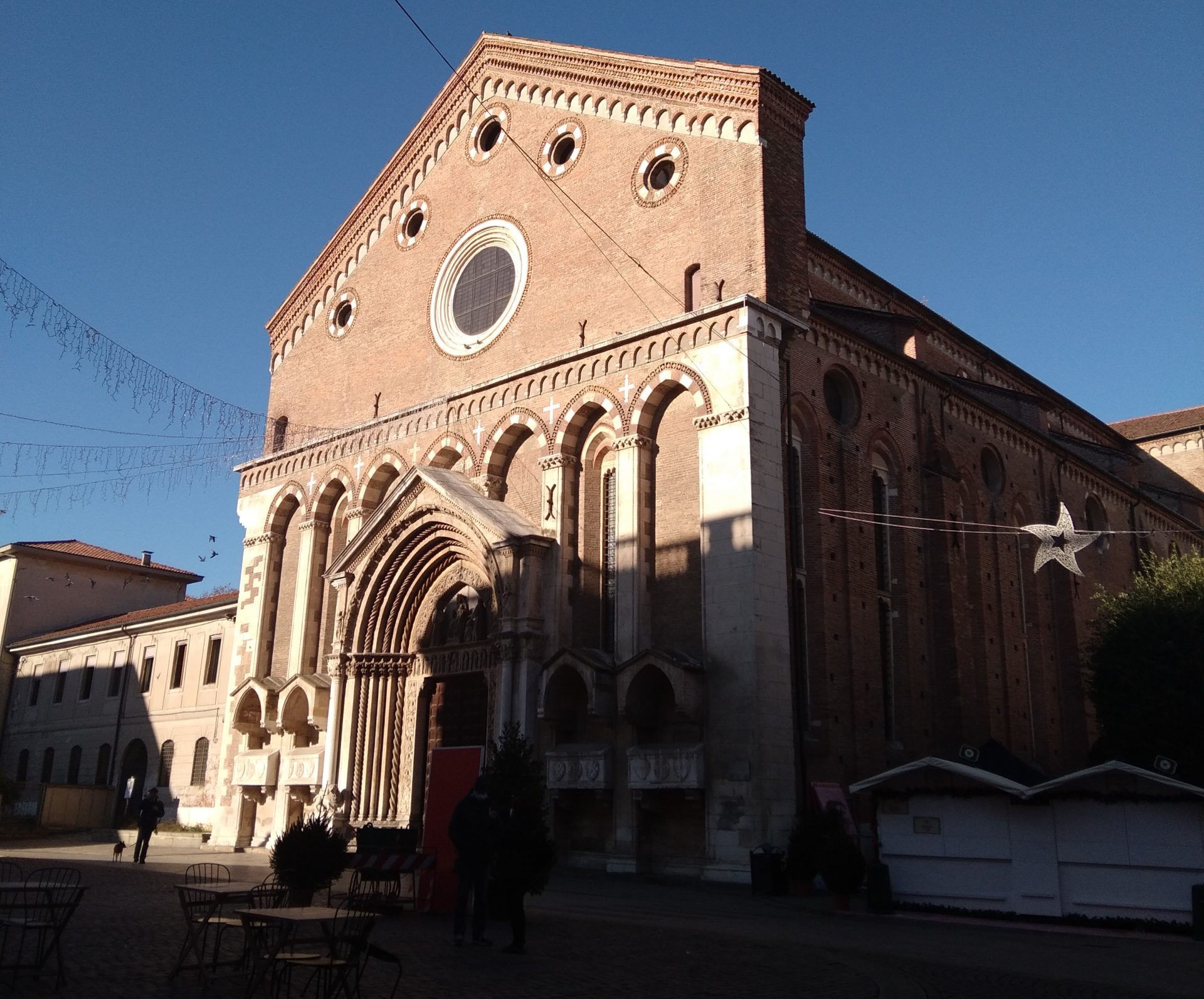
Four tombs are located underneath the arks on the facade of the Church of San Lorenzo. Adorned with the family crest representing the imperial eagle and the chessboard – symbol of military prestige –, the first tomb on the right-hand side of the main entrance is the one containing the remains of Lapo degli Uberti.
Lapo is the son of the Ghibelline Farinata, one of the most renowned characters of the Divina Commedia, and the Florentine military leader who, leading the Sienese army in the 1260 Battle of Montaperti, inflicted to Florence the worst defeat of all times.
Dante meets him in Inferno (Hell), where all the heretics are. It is actually Farinata, whose appearance is so statuary and majestic as to seem unreachable by the hellfire, to recognise the Poet by the unmistakeable Florentine accent. There, the Ghibelline Farinata and the Guelph Dante begin to discuss: while being on opposite political sides, not only do they share an endless love for their city, but they are also united by the common ordeal that the exile represents.
In this occasion, it is finally made clear what is hunting Farinata: strongly believing that the salvation of his city from the victors’ destructive wills depended on him, he does not fully comprehend why the Florentines maintain a hostile attitude towards him and his family.
Due to the fact that his father and the whole family were condemned to perpetual exile, Lapo spends most of his life far from Florence, eventually moving, as many other Florentine exiles, to Veneto – a land rich in Ghibelline traditions. He holds the office of imperial vicar here in Vicenza, where also Pietro Alighieri (Dante’s son) will be nominated Podestà, and it is precisely in our city that Lapo dies and still today rests.
…Then said he: “Fiercely adverse have they been
To me, and to my fathers, and my party;
So that two several times I scattered them.”
“If they were banished, they returned on all sides,”
I answered him, “the first time and the second;
But yours have not acquired that art aright.”
“And as thou wouldst to the sweet world return,
Say why that people is so pitiless
Against my race in each one of its laws?”
Whence I to him: “The slaughter and great carnage
Which have with crimson stained the Arbia, cause
Such orisons in our temple to be made.”
Inf. X, vv. 46 – 51 e 82 – 87
